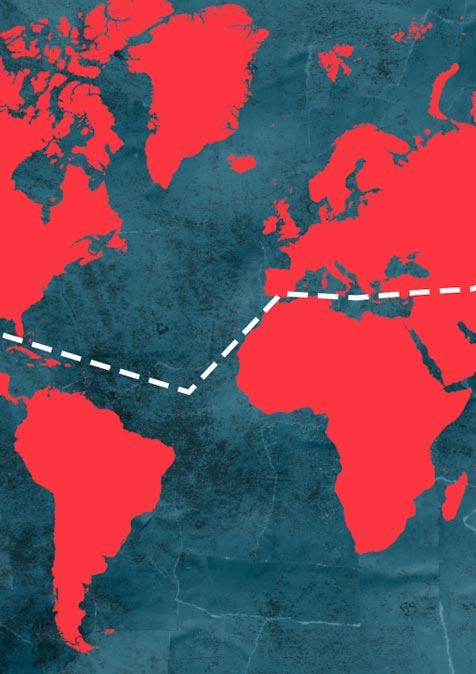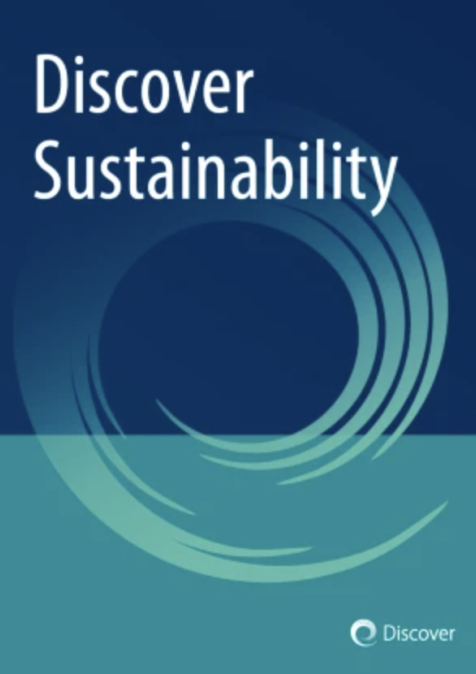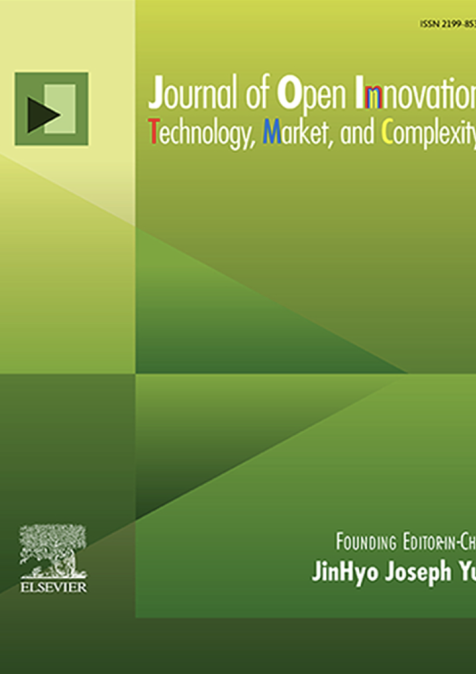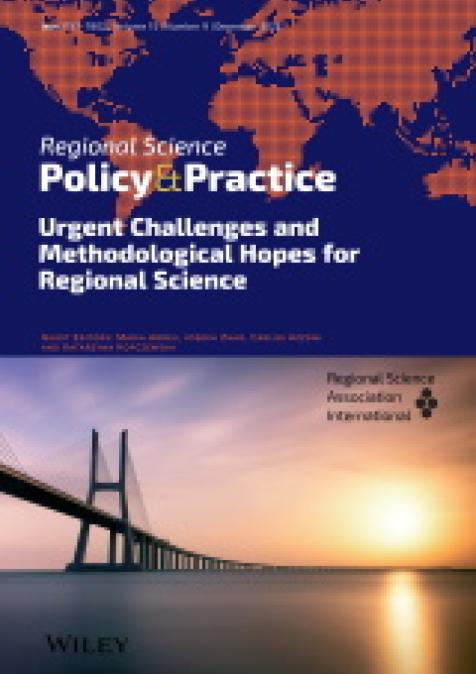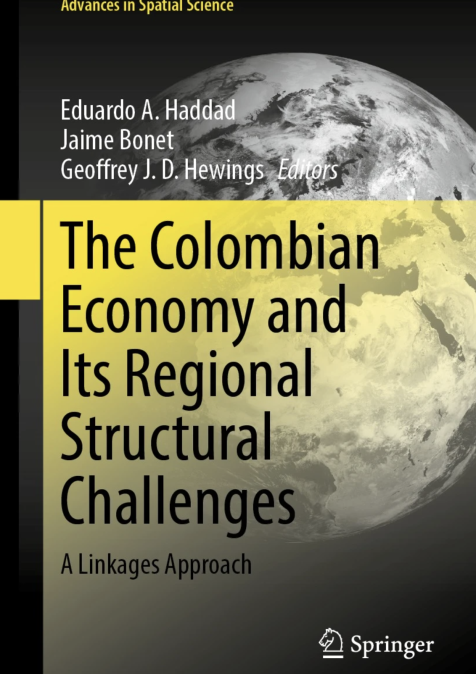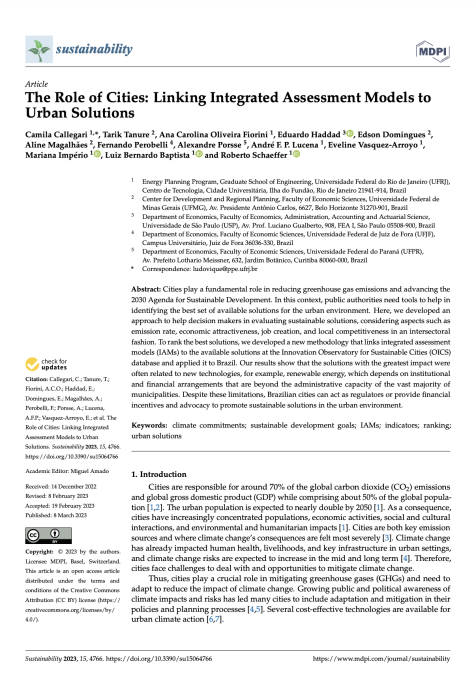Tea for two was planned in a friend’s house in California’s Beverly Hills, but, surprise, we were joined by one of the great futurist of America, a science fiction master, who turned “Fahrenheit 451” into a bestseller and himself into an admired visionary - Ray Bradbury. Bradbury who? Time is erasing memories, even of great minds - we met in the 80s at Harold Nebenzal, the producer (Cabaret) and author (Café Berlin) whose father produced German film classics as “M” (1931) and ...


